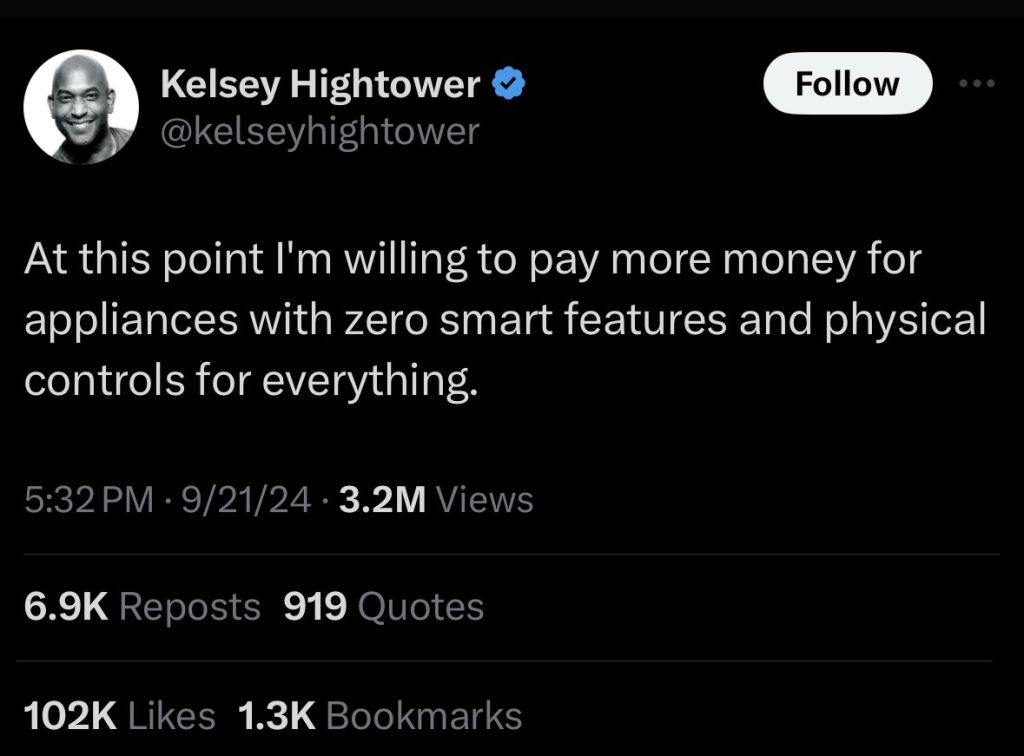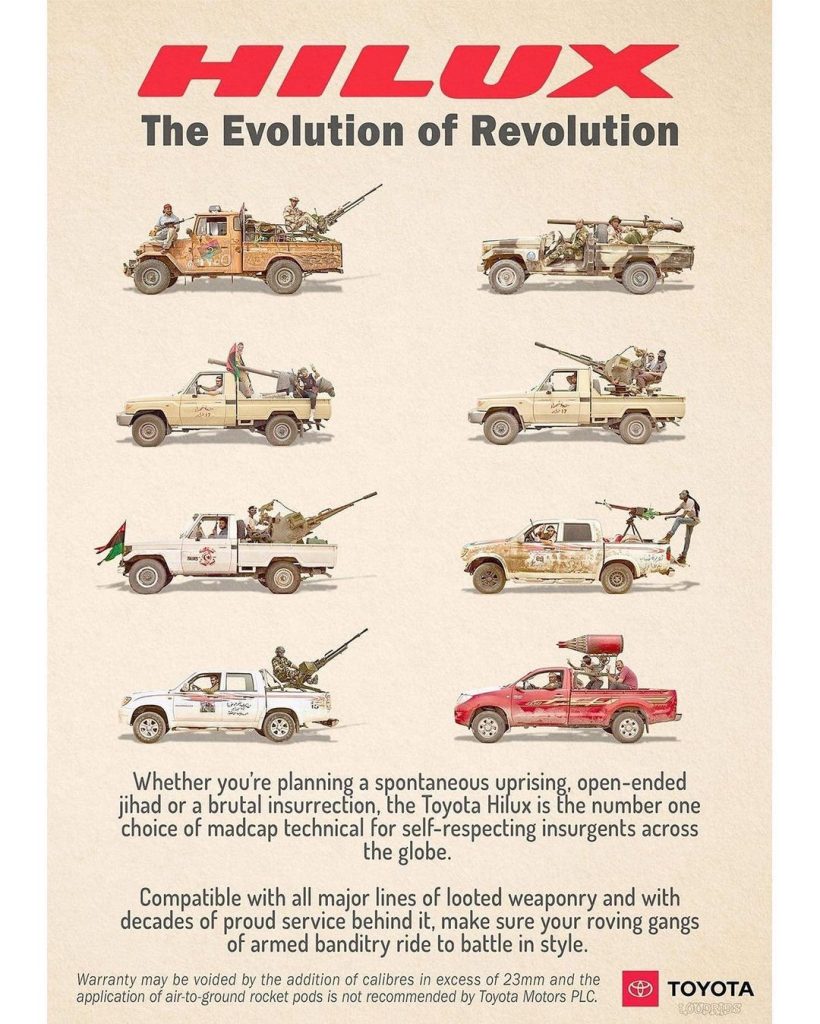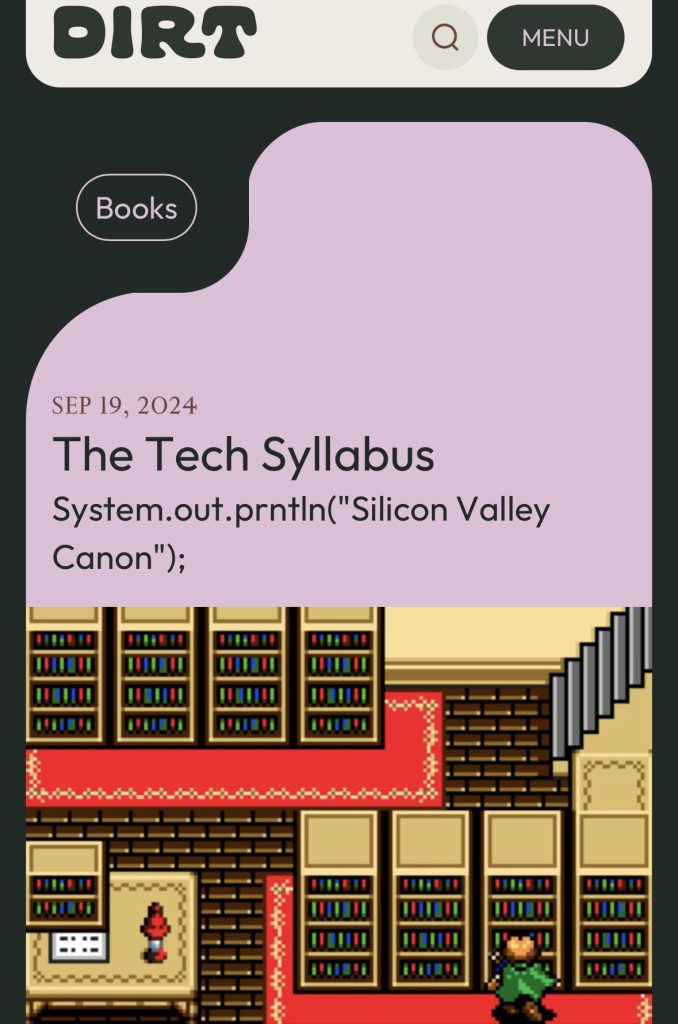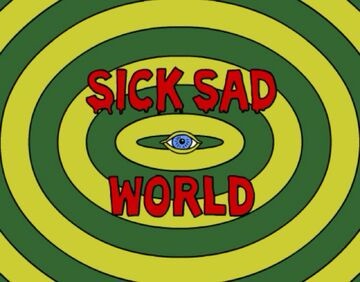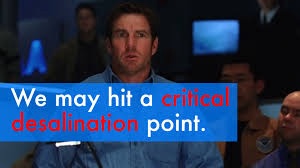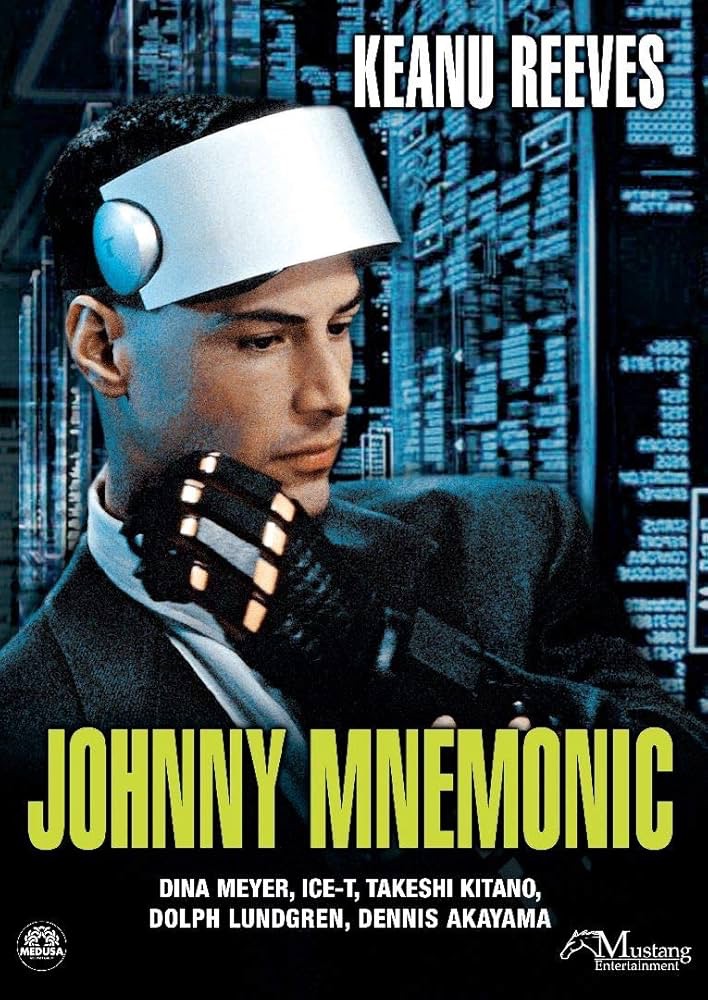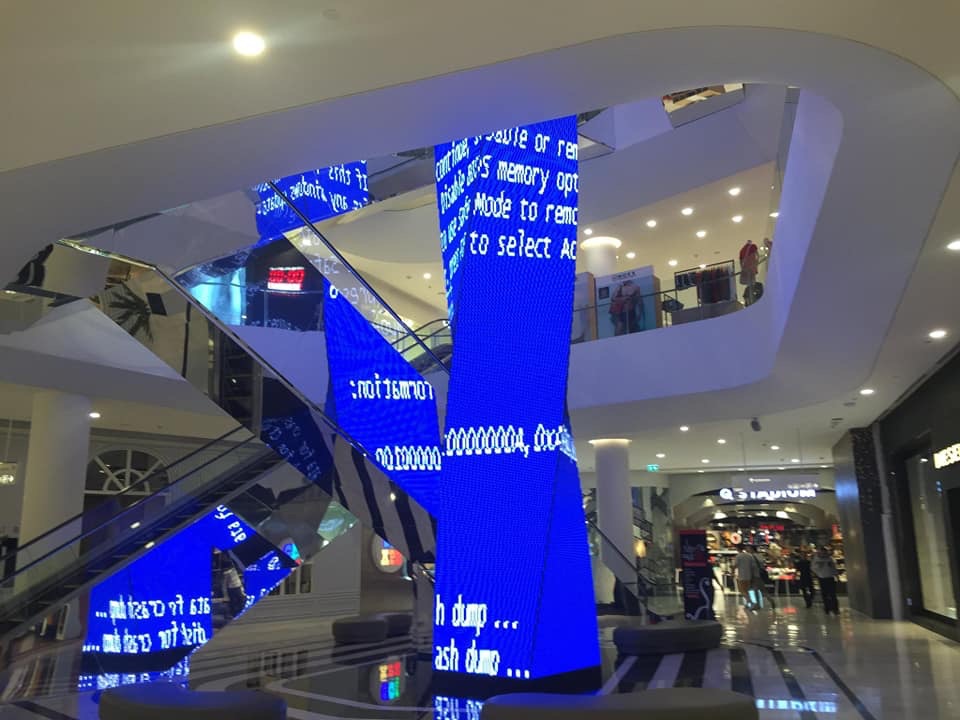I don’t know why I let myself do this but I got irritated by the American election cycle. I have been libertarian and skeptical of the government well basically always. It was probably only really left flavored during a an Adbusters, Battle of Seattle, my favorite band is Rage Against the Machine teenager phase.
What can I say millennials did not like the government because the global war on terror went as well as every other war on “ideas” we’ve ever fought. We lost the war on poverty and drugs too.
But I do try to retain a kind of pragmatic libertarianism that is a recognition that my preferred politics isn’t always going to be broad consensus and it’s sensible to work opposing viewpoints as we have shared interests in civilization and America.
I am hugely affected by my proximity to international founders who adopted America because of the opportunities we have here that are unmatched elsewhere. Our market capitalism has given truly exceptional talent from places that suffer varying degrees of oligarchic, authoritarian and socialist systems.
It’s with this in mind that I’d like to ask American politicians but in particular the Democrats to please consider policy that allows us to remain a place where the best and brightest can rise and thrive. It’s good for all of us
My five basic policy asks are as follows
1) Stop taking aggressive, over broad interpretations of both criminal and civil statutes in regard to crypto. The SEC is trying to kill a nascent industry instead of shape and grow it. There are other first world countries taking different approaches. Japan seems to have adopted healthier ways. I’d like Gensler gone personally as I struggle to see this as anything but petty Wall Street protectionism.
2) Focus antitrust efforts on the industries where consolidation is harming Americans in structural ways like PBMs and agribusiness.
3) Retract the Biden EO on artificial intelligence and take an approach to akin to how we settled the encryption wars in the 90s. We don’t want to strangle a new industry as it is emerging just for the benefit of a few large incumbents and the fears of a few radicalism’s.
4) Stop discussing the ludicrous unrealized capital gains tax. It’s unconstitutional & structurally devastating to novel businesses. Only the rich will be able to afford to own a piece of a startup which will further limit social mobility.
5) We have got to find a way for companies to exit and IPO that isn’t this middle stagnant path of Microsoft’s regulatory capture corporate investment playbook. Markets need liquidity to function and the public deserves the chance to be rewarded.
